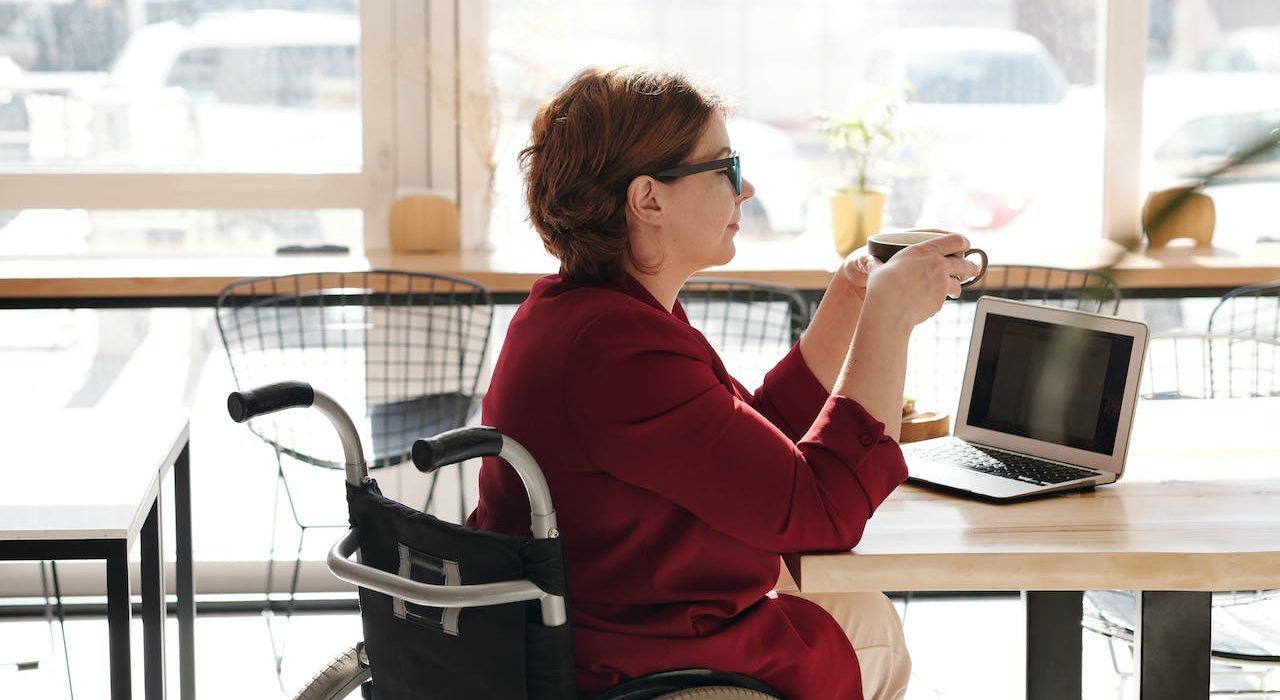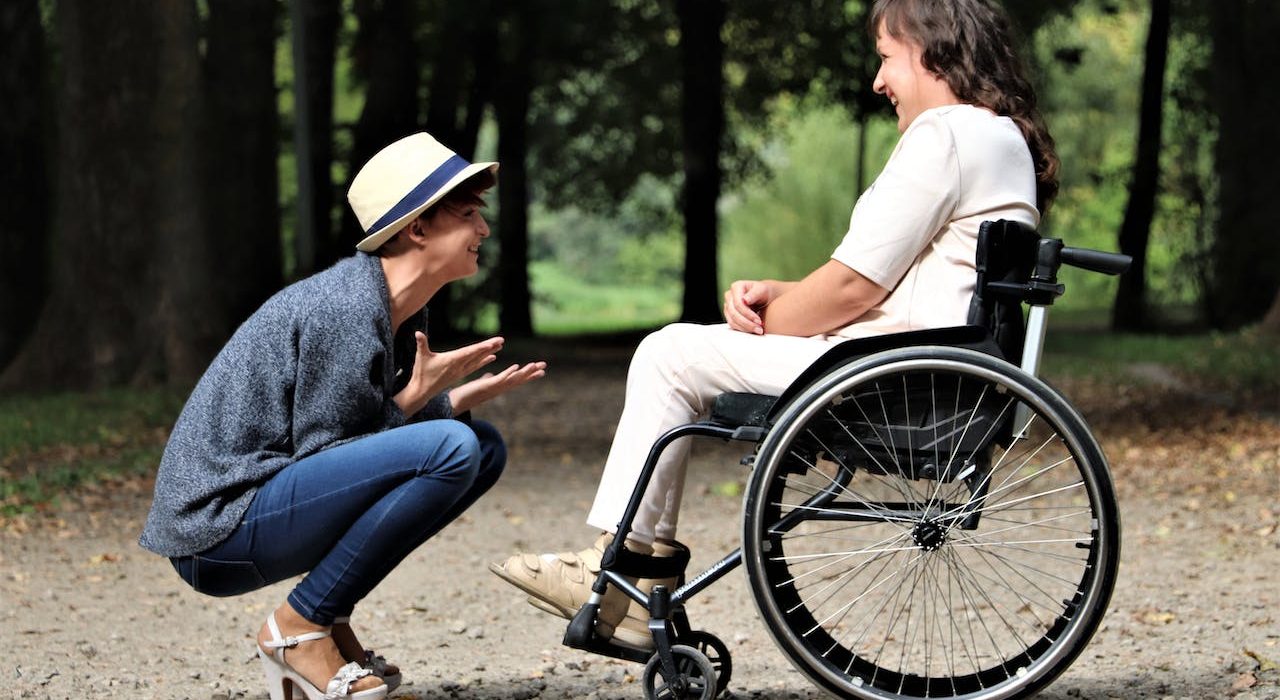Employment In The Disability Community.
Finding Employment in the disability community can be quite tough for participants. It can be a struggle to find employment that is long term and suitable for persons with disability. This is where the NDIS can support participants hoping to gain experience in the job sector or to find long term suitable employment. The NDIS can fund supports in employment for participants who may need extra help to pursue their employment goals.
Supported Employment is an option that the NDIS offer, and it refers to job opportunities where people with disabilities can receive extra support while they are at work. Supported Employment provides extra support, training, and flexibility in the workplace environment.
The NDIS can fund supports in employment for participants who need extra help to pursue their employment goals. It is now a part of the “Core” budget section in your NDIS Plan where you can find funding for supported employment, this used to be part of the “Capacity Building” section in and NDIS plan but was moved in 2020 to allow for more flexibility.
Participants can use their plan funding for frequent and ongoing on-the-job employment supports. Participants can use these supports in any kind of workplace they prefer, including government and non-government organisations, an ADE, social enterprises, small-businesses, or in self-employment or family run businesses. This flexibility allows participants the choice and control to find a workplace/workplace training that they feel supported and comfortable in.
Below is some key information about how the NDIS can help you achieve your employment goals and what kind of requirements you may have to meet:
- To access NDIS supports for employment you must be at least 15 years old. This also includes if you are a high school student, who can receive NDIS supports to help your transition from school to the workplace.
- You must have employment in your NDIS plan listed as an either a long- term or a short- term goal as the NDIS will allocate your funds towards this accordingly. If it is a long time until your next NDIS meeting, you can contact your planner or LAC and apply for a potential plan review so you can kickstart your employment goals earlier.
- Create a list of what kind of employment you would be interested in or feel like you would be good at. Research what skills you may have to acquire for this role and if it requires any sort of training, studying, etc. When writing this list utilise the supports around you whether that is a from a support worker, family member or various formal supports to write this list.
Please see attached a video linked from the NDIS “Justin’s Journey to Job Success” It warmed our hearts to see Justins success story and how appreciated he is in his workplace! Something that we wish to see is more participants thriving in their workplaces.
https://www.ndis.gov.au/stories/1353-justins-job-success-story
We would love to hear your feedback on this topic – please leave us a comment.




